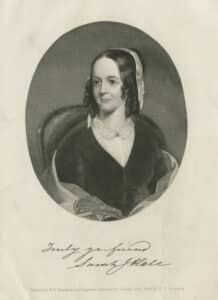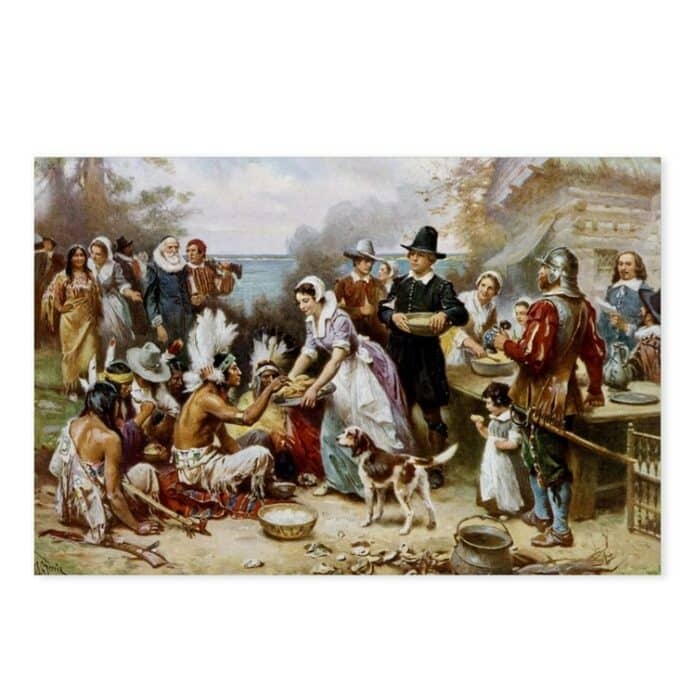November is a beautiful time of the year, fall kicks-in and the busy holiday season starts to roll around. Did you know that November gets its name from the Latin word “novem” meaning nine? November used to be the ninth month of the early Roman calendar; but for us it’s a change of season, cooler days, earlier sunsets and sunrises, and maybe even frost! We’ll be saying goodbye to Daylight Savings Time on November 5 by setting our clocks back. Now we wait and see what fall brings to Florida!
On November 8, Election Day, we have a Full Beaver Moon. We also have a total lunar eclipse visible in our area and most of North America. This full moon and eclipse is often called a Blood Moon due to the red hue of solar rays refracting through the earth’s atmosphere.
A lunar eclipse occurs when there is alignment of the moon, sun, and earth. Our planet is in the middle of the group, perfectly blocking off sunlight to the moon. You’ll notice the eclipse if you get up early on the morning of November 8. Take your coffee and a blanket and go outside, the shading will begin around 3 am with totality at 6 am. The sky will not always be totally dark though, by 6 am we’ll notice civil twilight, a glow that comes about 30 minutes before sunrise. Before the moon is out of the earth’s shadow it will go below the horizon and drop out of sight but we’ll have seen most of it. Sunrise on November 8th will be 6:47 am.
Are you wondering why November’s full moon is called the Full Beaver Moon? November is the time of year when beavers take shelter in their lodges. They have their thick winter-ready coats, food stored up, and plan to stay inside all winter. Beaver activity was noted by early fur traders. They were after the prized pelts. Native Americans also hunted the beaver for food and the animal was an essential part of man’s survival.
Other names for November’s full moon are Deer Rutting Moon, Whitefish Moon, Frost Moon, and Mourning Moon. The last name comes from a pagan tradition, based on letting go of the old and welcoming the new.
Did you know that there are “to-do” lists for full moons? It is recommended that you cleanse your mental and physical space during this time. You should meditate, evaluate goals, let go of emotional baggage, and chill out for a bit. Take time to relax and release any negative energy. What should you avoid during a full moon? It is said you shouldn’t start something new, overreact to the little things in life, or make any rash decisions. The moon’s fullness marks an energy buildup of both light and dark, and you want to keep the “lightness” in your life.
Do you have a hard time sleeping during a full moon? It may be due to the full moon and its extra brightness in our night sky. Some studies show that people have less deep sleep or have a hard time sleeping at all for several days before and after a full moon.
November is also known as a month for expressing gratitude. School history lessons have taught that the first Thanksgiving was between the Pilgrims and Native Americans back in 1621 in Plymouth, Massachusetts. They gave thanks and shared the land’s bounty after a particularly trying year. But, the holiday is as old as time, going back to the early harvest festivals and crop celebrations of the Egyptians, Greeks, and Romans.
The idea of a national American holiday for Thanksgiving was born in part by the campaign of one woman, author, and activist named Sara Josepha Hale. Afterall, she has been given the nickname “Mother of Thanksgiving.” So who was Sara Josepha Hale? She was the editor of the Godey’s Lady’s Book and one of the most influential voices of the 19th century. We may know her best for the nursery rhyme “Mary Had a Little Lamb,” even though we didn’t know her name. Hale also wrote editorials and letters about Thanksgiving tirelessly to various politicians over a period of 36 years; she wrote five letters to five different presidents. We can also credit her with the idea that roast turkey would be a good way to celebrate. In the middle of the Civil War, Abraham Lincoln was the first US president to declare Thanksgiving a national holiday in 1863; the final Thursday in November would then be known as Thanksgiving Day.

FDR moved the holiday in 1939 to the 3rd Thursday in November in hopes of boosting retail sales during the Great Depression. That was not a popular move. The controversy was even dubbed Franksgiving. In 1941, Thanksgiving was changed back to the 4th Thursday in November. It has remained that way ever since. This designation gives us a holiday as early as November 22 or as late as November 28.
This year Thanksgiving Day is November 24th. It is a special time to gather family and friends and give thanks for our many blessings. There will be no moonlight on Thanksgiving eve as the new moon is on November 23. But hopefully, the glow of familiar faces around the Thanksgiving table will warm our hearts!


